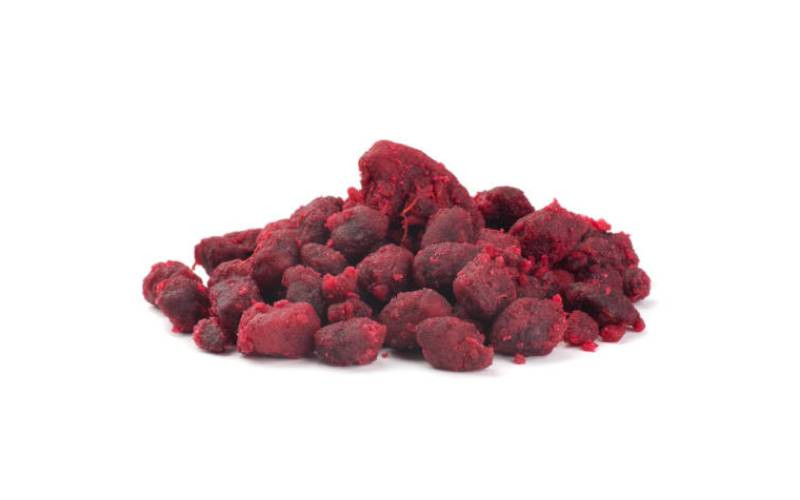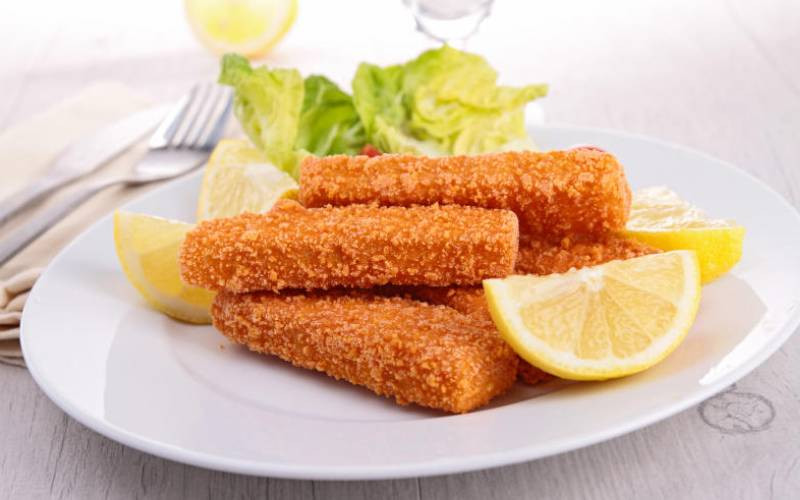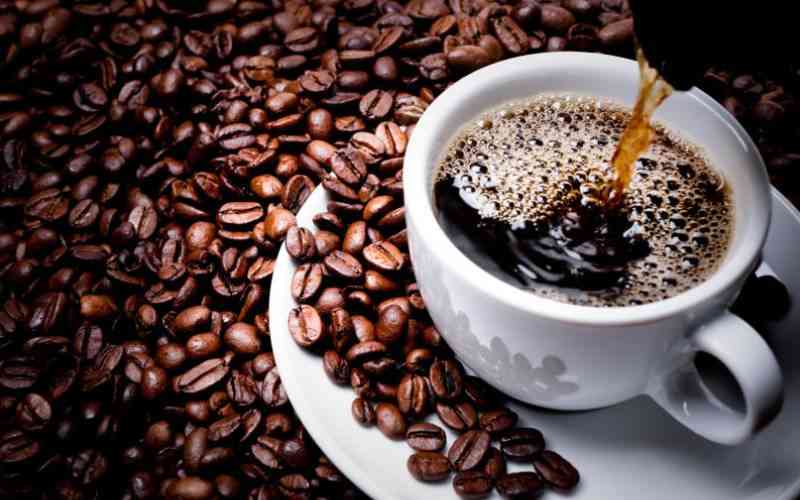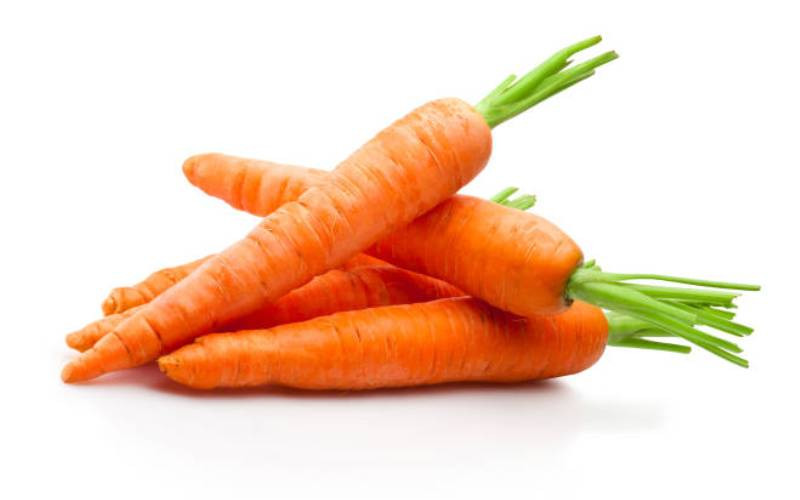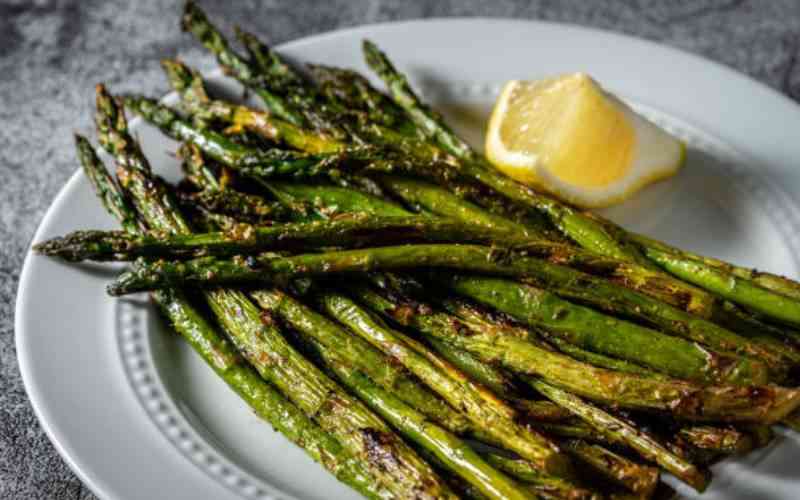
Green tea is better for you
It's all the rage and claims to do so many things that you'd think it was a super tea.
But actually, both varieties come from the plant Camellia sinensis and both have similar amounts of antioxidants and minerals.
Herbal 'tea' is tea
It isn't. if you're a herbal tea drinker, it means you like what is known as 'infusions' - beverages made from the infusion of herbs, spices or other plant material in hot water, and usually does not contain caffeine.
In many countries, the word 'tea' may only be used for leaves of camellia sinensis and therefore the phrase 'herbal tea' is an oxymoron and cannot be used. These beverages are therefore labelled infusion or 'tisane'.
Brits invented the tea bag
They didn't. Not only that, but it was invented by a nation that is more associated with coffee - America.
Although there are some records of loose-leaf bags being used in ancient China, the first labour-saving teabag was created by US tea merchant Thomas Sullivan - but it was sort of an accident.
Around 1908 he started to sent samples of tea to customers in small silken bags. Some assumed that these were supposed to be used in the same way as the metal infusers, by putting the entire bag into the pot, rather than emptying out the contents, according to The UK Tea and Infusions Association.
Different types of tea come from different plants
Black, green - there are so many other varieties these days beside good old English breakfast.
But it turns out that they're all from the same plant. It's known by its botanical name Camellia sinensis.
Adding milk makes it worse for you
Some studies have suggested adding milk to tea undoes the heart-healthy benefits - but actually, the same amount of catechins - antioxidants said to reduce risk of some cancers - were absorbed from milky tea as from plain black tea, according to a study in the Journal of Agricultural and Food Chemistry.
Which is a good thing too, as 98% of us take milk in our tea - with 30% taking sugar.
Tea doesn't go off
Newsflash - if you're crazy enough to leave your tea for a time, those little leaves won't be as fresh after six months. The flavour may not suffer, but the brew will lose its antioxidants.
Make the most of the antioxidants by storing tea in a sealed container in a dark, cool place.
 The Standard Group Plc is a multi-media organization with investments in media platforms spanning newspaper print
operations, television, radio broadcasting, digital and online services. The Standard Group is recognized as a
leading multi-media house in Kenya with a key influence in matters of national and international interest.
The Standard Group Plc is a multi-media organization with investments in media platforms spanning newspaper print
operations, television, radio broadcasting, digital and online services. The Standard Group is recognized as a
leading multi-media house in Kenya with a key influence in matters of national and international interest.

